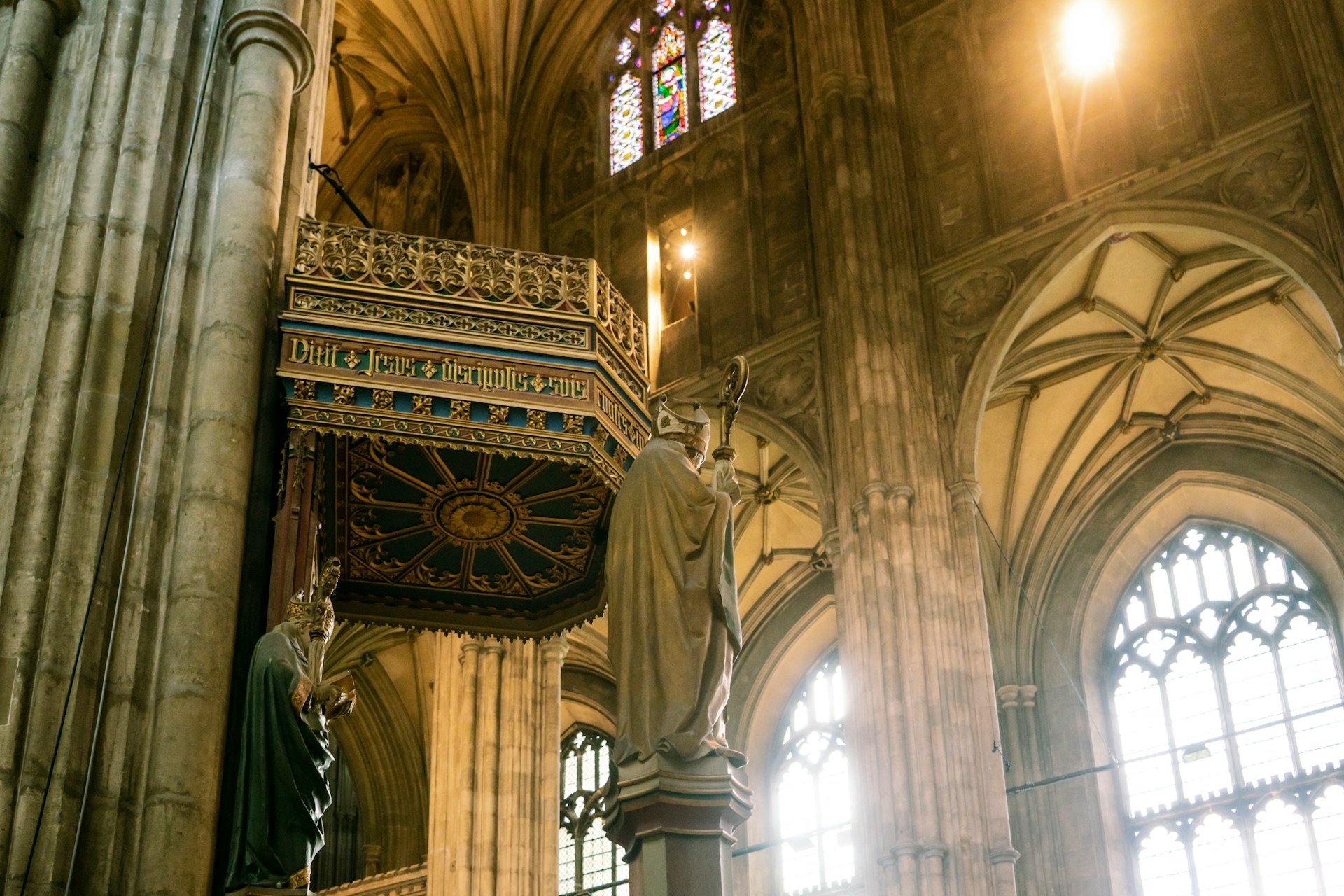The failure to tackle abuse scandals has left the Church of England in crisis once more

The Church of England is in crisis once again, following the recent resignation of the Archbishop of Canterbury. As the search begins for a successor, the latest developments show its continued failure to tackle the abuse scandals that have dogged the Church for decades, and the unlikelihood that its next leader will enact real reform.
Justin Welby stepped down in January after an independent review found that although he had been informed about horrific and extensive abuse allegations against a Church volunteer in 2013, soon after he became archbishop, he failed to inform the police (Welby says he erroneously believed that the police had already been notified). That decision enabled the man – John Smyth – to evade justice until his death in 2018. A media investigation finally brought the case to light.
Then in December, just weeks after Welby announced his decision to resign, his predecessor George Carey quit the priesthood over his handling of a separate abuse scandal. An investigation found that during his tenure as archbishop in the 1990s, Carey allowed a man named David Tudor to return to the priesthood after a multi-year suspension due to sexual abuse allegations. Tudor remained in post until 2019, when police opened a new investigation into him.
Welby was seen as a moderniser within the Church. His tenure saw the introduction of women bishops and blessings for same-sex couples. He was outspoken on issues of poverty and economic inequality. And yet his failure to tackle the abuse scandals shows the limits of that reform. What’s more, his farewell speech in the House of Lords – where he held an automatic seat due to his position in the Church – demonstrated a severe lack of empathy for victims and failure to accept responsibility. He appeared to crack jokes during the speech and told the Lords that a head had to roll over the scandal – “whether one is personally responsible or not”.
Nor is Welby’s resignation the end of it. Some victims want to see the Archbishop of York, Stephen Cottrell – who has taken over Welby’s duties until a successor is appointed – resign as well. In a former role as Bishop of Chelmsford, Cottrell allowed Tudor to remain in his post within the diocese, despite knowing about the abuse allegations. Cottrell has resisted those calls to resign, saying he “inherited” the situation and had no legal grounds to do anything about it because the allegations had already been dealt with by both police and a Church tribunal (Tudor was convicted of indecent assault in 1988 but the conviction was quashed on technical grounds).
Only one senior Church leader has put their neck on the line over the issue. Helen-Ann Hartley, the Bishop of Newcastle, was the only bishop to publicly call for Welby’s resignation. She has also been highly critical of Cottrell’s handling of the Tudor case. For her troubles, she says she has been “frozen out” by her Church of England colleagues.
It is expected to take many months to choose Welby’s successor, but with Hartley likely out of the picture, the next Archbishop of Canterbury will undoubtedly come from the ranks of those who stayed silent, at least publicly. We can only hope that once installed they will truly stand up for victims, prioritising human wellbeing and justice over the institution they serve.
This article is a preview from New Humanist’s spring 2025 issue. Subscribe now.


